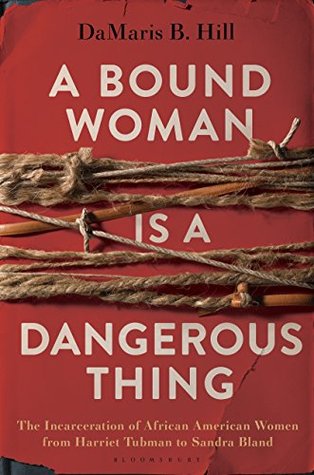I was invited to read and review this book; my thanks go to
Net Galley and St. Martin’s Press.
The story unfolds with a Skype date between besties Liza,
who lives in Chicago, and Molly, who remains in Cincinnati where both of them
grew up. Molly excuses herself for a moment and leaves the laptop with the
camera on; through the camera, Liza sees a masked man come into the house. The
connection is cut, and Molly doesn’t respond to Liza’s frantic cell calls to
see if she has been harmed. Yet when Liza and a friend drive all through the
night to race to the rescue, Molly gives Liza the cold shoulder, not even
inviting her in. It is almost as if Molly
has told Liza to forget she even knows her.
The premise is a good one, but the title is a problem. It
sets up an expectation of a thriller, which this book isn’t. Even lamer, it is
based on a quote that nobody actually even says. Moving on.
As we move deeper into character, we see what each of them
is dealing with. Liza is lonely and dissatisfied. A tragedy closer to her own
home plays out while she is still in the car returning from Cincinnati, and she
is shaken by it. Meanwhile, Molly has an autoimmune condition that creates
chronic pain, and we learn that because she uses experimental pain treatments,
she is deep in debt to a predatory lender. She doesn’t want to tell her husband
Daniel what she has done; meanwhile, she is developing a close bond with the
male neighbor whose daughter plays with hers. He is a widower, and easy to talk
to. At some point, she has to choose whether to remain in her marriage or step
away and try again with this other guy.
I enjoy Liza’s character. She’s sassy, smart, and hopeful; I
enjoy seeing her interact with her family once she is near them again. I also
like Daniel, the spouse in Molly’s troubled marriage. Molly, on the other hand,
is a pill, but I am not sure the author intends her to be. We see a lot of the
challenges that chronic pain presents, but do we want to? Some that experience
chronic pain in their own lives may find some validation here; some of us with
chronic pain issues read fiction to escape it, and we don’t necessarily need
this reminder.
Ultimately, this is more of a relationship story, and what
little mystery it contains—the guy in the mask—is hardly even part of it, and
his identity proves to be more fizzle than pop. I suspect this story might
receive more accolades of it were titled and marketed as a romance or even just
straight fiction. However, Strawser has made a name for herself with
psychological mysteries—which I enjoyed a good deal also—and by sticking to her
brand, she may see some good sales. The question is whether her readers will still
be receptive once they read it.
I hate to be the wet blanket here, because Strawser is a
capable writer. I look forward to seeing what she writes next.
This book comes out February 5, and I recommend
it to Strawser’s fans, but get it free
or cheap unless your pockets are deep.


